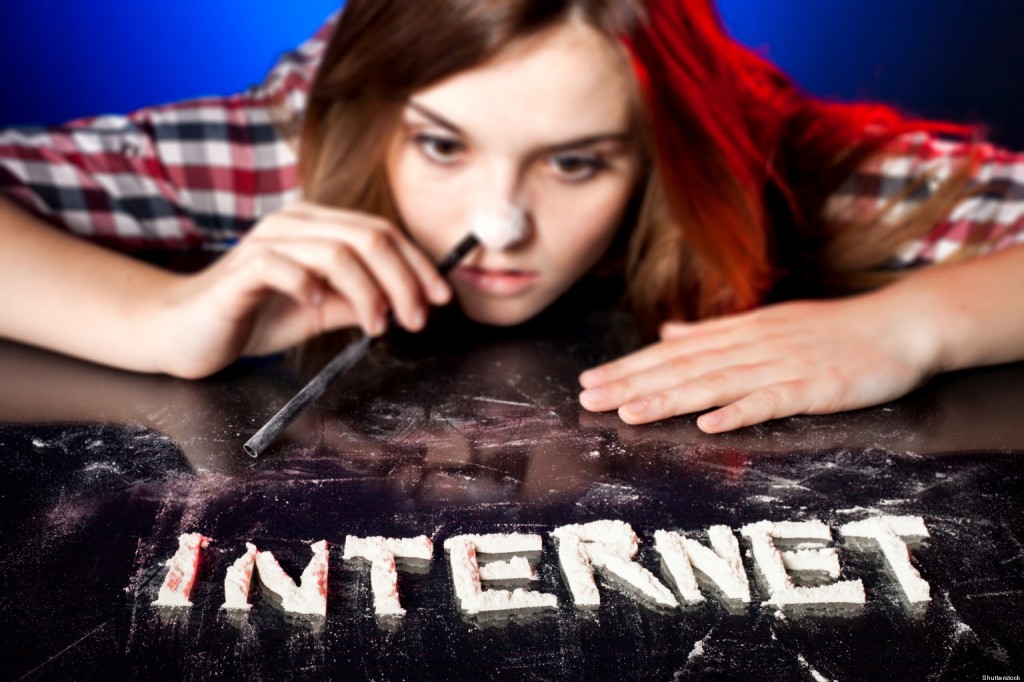Singapore and India have finally found one thing in common. Over half of the citizens in both the countries can’t spend half a day, or 12 hours, without the internet. The survey was done by Tata Communications, the mobile and internet service-providing arm of the biggest Indian conglomerate, Tata Industries.
According to the study, Indians are slightly ahead with 54% Indians becoming net-addicted, beating Singapore’s 52% with a thin margin.

Tata Communications, which owns both Tata Docomo and Tata Indicom, also found out that 43% Singaporeans spend at least 6 hours a day surfing the web. India beats this number also at a margin with 46% people spending 6 hours a day surfing internet. According to the survey, If internet is down, the average time they can wait for the service to resume is 7.3 hours. They seem more resilient compared to 25% of Americans who can not survive for 5 hours without the internet.
The survey also looks at the value of an internet connection to Singaporeas. While 27% Singaporeans would give up TV, and 20% would give up chocolates in favour of internet, a whopping 38% Singaporeans would give up alcohol to have an internet connection. The last one is certainly a relief.
82% of Singaporeans also believes that the best feature of internet is to connect people globally while just 5% believe it gives a democratic channel for freedom of speech.

However, people are not as internet educated as you might expect. 62% Singaporeans think internet has unlimited capacity (and the ISPs are not giving them enough bandwidth) while 69% think world wide web and internet are the same thing. Both are popular mistakes. These aren’t the only misconceptions, as survey shows that 2 out of every 3 French don’t know internet ‘resides’ in the data centres.
The implications of this study is worrying. When a part of technology, which doesn’t always add value, should not become this integrated into any life. In fact, this addiction has given us a new word, FOMO or “Fear Of Missing Out”. Believe it or not, 80% or every 4 out of 5 internet-using Indians are suffering from this.
In another survey, Tata Communications also find out that, 64% of respondents admit to ‘Fear of Missing Out’ (FOMO), with 80% of Asian respondents displaying negative emotions when not connected to the Internet.
Where is this trend taking us? With smartphones, smartwatches, computers, laptops, tablets, phablets, digitally connected doorbells to toaster ovens (it could happen soon), will we soon justify the weird sci-fi movies where everything is connected and human are implanted with chips to be organically connected? Will the whole human race be connected and controlled by some network of megacomputers?
When you think about it, we’re not so far away.

We are losing real life social interactions because we meet our friends on Facebook. On our way to work, we don’t talk to people because we are chatting with them on Whatsapp, we ignore the scenery around us because we’re watching the scenery on Flickr or Instagram. We don’t realise our close ones are far away because we are busy keeping track of Twitter Trends, not what happens to family members during the day. Not scared? You should be very scared of Internet Addiction Disorder.
Someone once told me that drinking alcohol is not a problem until the alcohol starts to drink you. The internet may have been created to serve us, but these days we’ve become the obedient servants.











